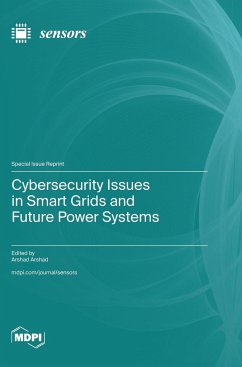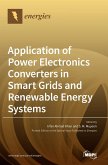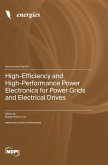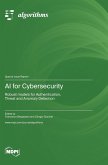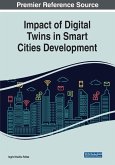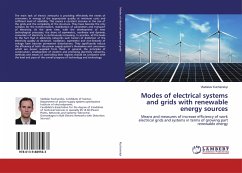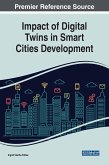There has been an increased interest in renewable energy sources in the last few decades. Modern power systems rely mainly on power electronic-based generation and loads, leading to the adoption of smart grids that leverage digital communication infrastructure. Smart grids have several advantages, including the potential to provide consumers with a continuous power supply, reduced line losses, enhanced renewable output and storage, consumer participation in electricity markets, and demand-side responsiveness. Future power systems, also known as smart grids, will rely more on renewable energy sources, such as solar and wind, as well as storage. Power electronic converters are used in renewable energy generation and storage. Each converter/inverter manufacturer has an algorithm for programming and optimizing hardware. Furthermore, these converters rely on communication protocols to respond to any signal from the system operator. As a result, cyber-attacks on these smart converters/inverters are a concern. Although numerous cyber-physical systems (CPS) have been presented, no universal CPS standard can be employed with various types of converters. This reprint is a collection of specialized work addressing cybersecurity challenges.
Hinweis: Dieser Artikel kann nur an eine deutsche Lieferadresse ausgeliefert werden.
Hinweis: Dieser Artikel kann nur an eine deutsche Lieferadresse ausgeliefert werden.

